Prescription fraud crimes isa white collar crime that can cover a variety of actions. If you are accused of any other type of practice in order to obtain prescription drugs, you could be arrested for a prescription fraud crime.
Many prescription drugs, especially painkillers, are highly addictive. This can lead to people attempting to get large quantities to sell or abuse. In order to stop this from happening, prescription drugs are strictly controlled. Any attempt to get around these controls can lead to a criminal charge.
Call 207-571-8146 or contact us online to schedule a consult with one of our highly skilled criminal defense & OUI lawyers, serving Southern Maine, today.
Table of Contents
What is prescription fraud in Maine?
Maine criminal code Title 17-A defines a prescription drug as any drug that:
A. Under federal law is required, prior to being dispensed or delivered, to be labeled with either of the following statements:
(1) “Caution: Federal law prohibits dispensing without prescription.” or
(2) “Caution: Federal law restricts this drug to use by or on the order of a licensed veterinarian.”
B. Is required by an applicable federal or state law or rule to be dispensed on prescription only or is restricted to use by practitioners only.
Prescription fraud can be defined as any unlawful acquisition of prescription drugs for profit, personal use and/or recreation—which is usually due to an addiction. This could include any acts such as visiting several doctors to obtain multiple prescriptions, forging a prescription, and/or altering a prescription to increase the quantity.
All of these acts are illegal and punishable under the law. Some of the most commonly abused prescription drugs—according to law enforcement agencies—include:
- Vicodin (hydrocodone)
- Valium (diazepam)
- Xanax (alprazolam)
- OxyContin (oxycodone)
- Percocet (oxycodone/paracetamol)
- Morphine
Although these substances are frequently, and legally, prescribed for various medical conditions, many of these drugs can create a high level of dependency if taken for a prolonged period of time—causing addiction to develop in some users. Taking measures to illegally obtain prescriptions for these drugs, however, is a punishable offense and can have serious penalties if convicted of a prescription fraud charge.
Are there different types of prescription fraud charges in Maine?
There is no one action that constitutes prescription fraud. Instead, anything in which a person attempts or successfully obtains a prescription drug when it is not medically necessary can be charged as prescription fraud. Some of these crimes include the following:
- Forging Prescriptions This can be done in an almost infinite number of ways but generally involves a person changing their prescription or writing themselves false prescriptions in an attempt to get a large amount of a certain drug. Offenders will usually do this a number of times and at various pharmacies.
- Stealing Prescription Pads The act of simply stealing a prescription pad from a doctor or obtaining a pad illegally can be a crime. You can be charged with prescription fraud even if you did not use the pad to get any drugs.
- Doctor Shopping This is a term used to describe the practice of a person going from doctor to doctor either attempting to get one to write them a prescription for a drug that they want or getting multiple prescriptions for the same drug. For example, if a person wants ADHD medicine but does not really have ADHD, they may visit many doctors until one is finally willing to diagnose them.
Call 207-571-8146 or contact us online to schedule a consult with one of our highly skilled criminal defense & OUI lawyers, serving Southern Maine, today.
Penalties for prescription fraud offenses in Maine
Prescription fraud has grown heavily throughout the United States in recent years, and people have become more and more susceptible to prescription drug addiction, in turn. Prescription fraud is a felony offense across the nation, and the penalties are waged accordingly. If convicted of this offense, one can expect to face up to five years in prison and hefty fines. Not only can an individual who acted unlawfully face harsh penalties, but any doctor who knowingly acted as an accomplice, or enabled this crime, can face the same consequences, as well—in addition to losing their license to practice medicine. A Maine prescription fraud attorney can assist you in fighting these charges and avoiding the negative consequences of a conviction.
If someone is faced with a first-time offense, they might be able to reduce their charges to probation paired with the completion of a rehabilitation program. It is crucial for anyone faced with these charges to enlist qualified legal representation, however, if they hope to avoid the maximum penalty. Most states have a “zero tolerance” attitude toward any kind of drug crime, and they increase the severity of the punishment accordingly, as the frequency of this crime occurs.
Contact a Prescription Fraud Defense Lawyer in Maine
The experienced drug crime defense lawyers at The Maine Criminal Defense Group are dedicated to helping clients fight the criminal charges they are faced with. We begin by listening to the details of your case and arrest and then examining the situation to look for any defense options. We request the prosecution to turn over all the evidence they have against you and then our legal team works to challenge the validity of every piece of evidence.
In drug crime cases, we attempt to question the practices the police used in collecting the evidence against you. If we can prove your rights were violated at any time, the evidence cannot be used in court. If you have been charged with handling prescriptions fraudulently, contact The Maine Criminal Defense Group to see how we can help you.
Call 207-571-8146 or contact us online to schedule a consult with one of our highly skilled criminal defense & OUI lawyers, serving Southern Maine, today.
Blog Posts
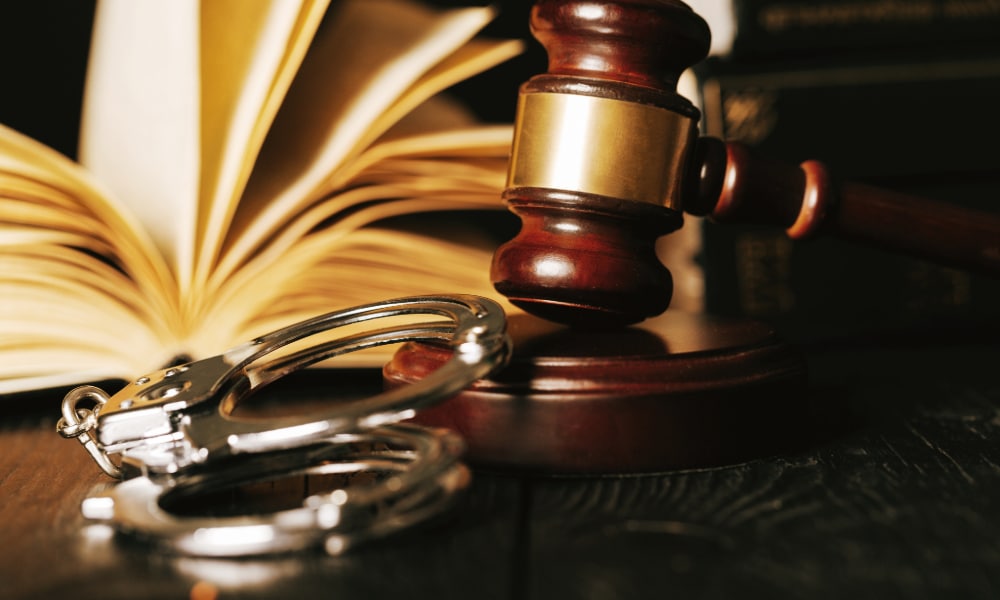
If you are convicted of a drug crime in Maine, your sentence will depend on four main factors: the type of drug involved (classified into four schedules), the amount of[...]

Any criminal charge for a drug-related offense is a serious matter in Maine,but how consequential the outcomes can get may depend on whether the charge is filed at the state[...]
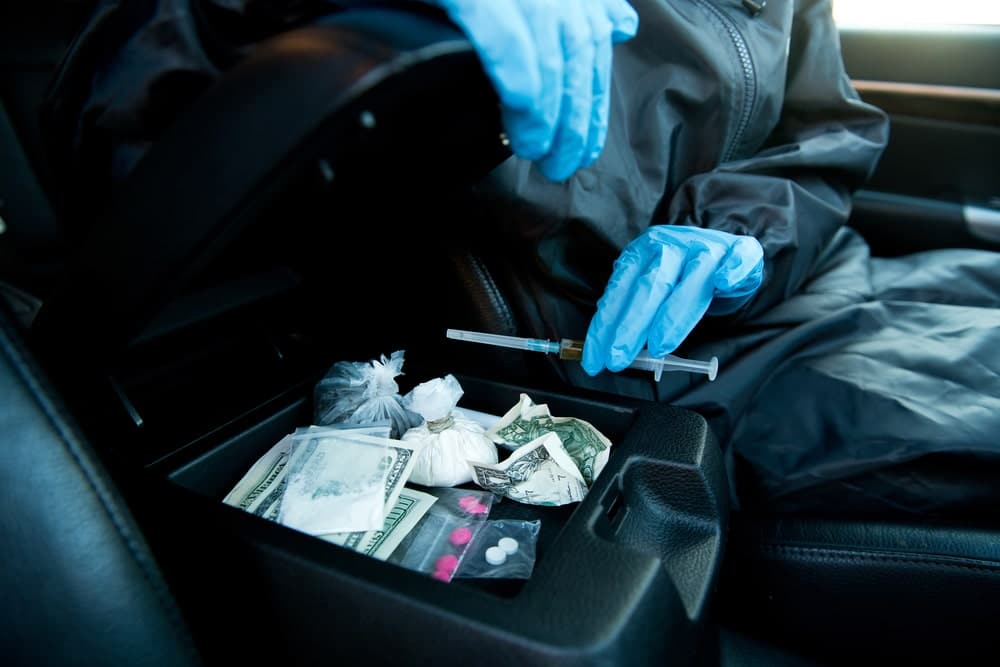
Search and seizure rules are enshrined in the U.S. Constitution and are intended to discourage the government (and law enforcement officials) from overstepping their powers and invading people’s privacy. They[...]
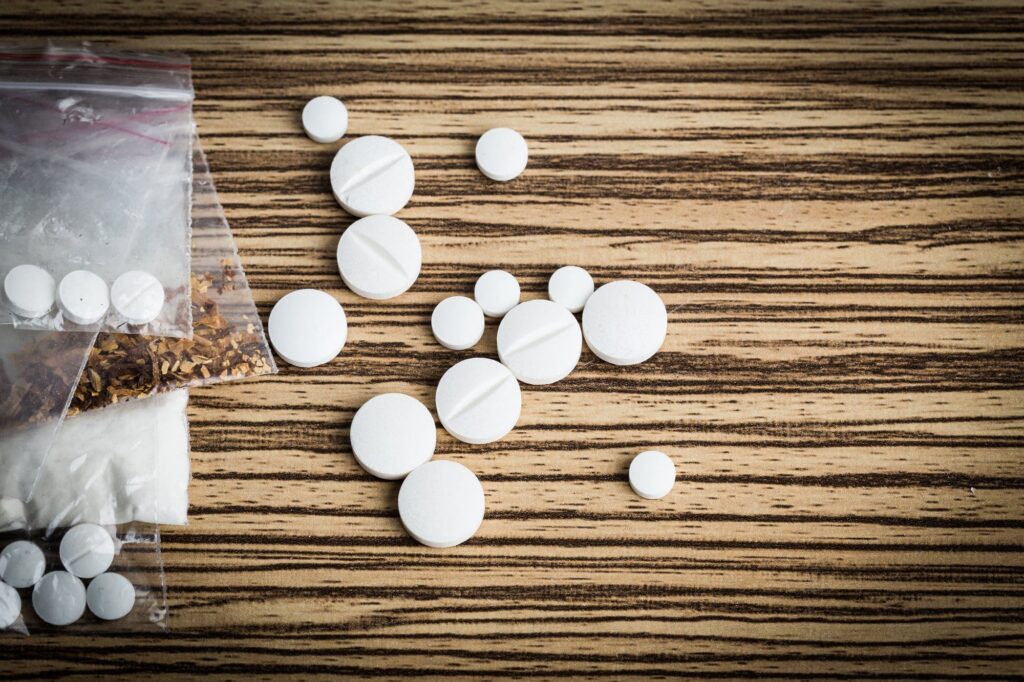
When most people think of drug crime classifications, they automatically assume it references the worst types of drugs (heroin, cocaine, LSD, etc.). But the word “drugs” also includes lots of[...]
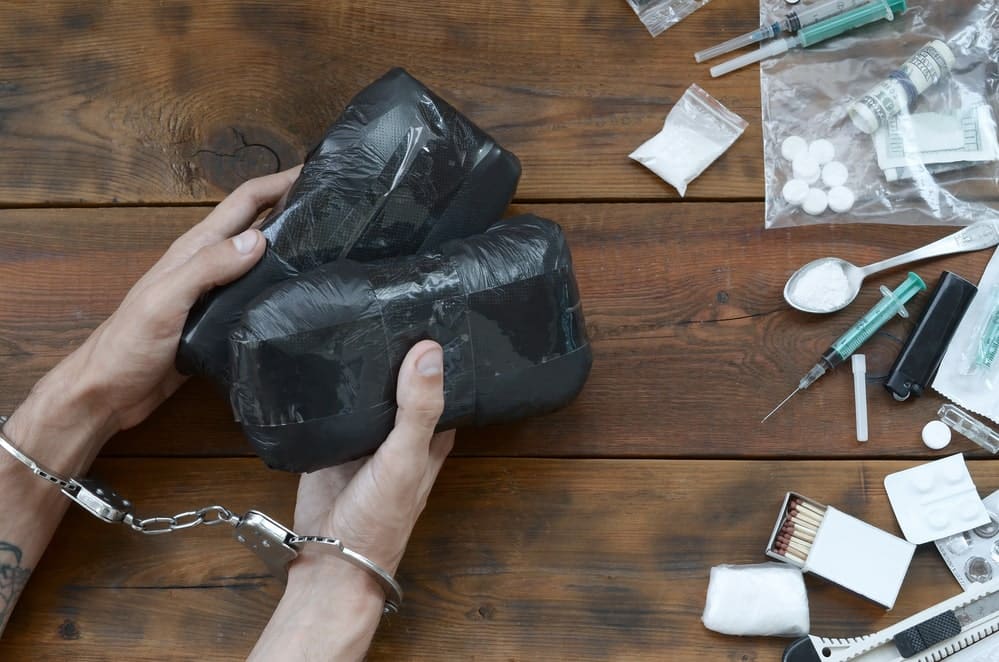
In this post, we will survey Maine’s laws on the possession and trafficking of “scheduled drugs,” and then discuss the classification and possible punishments for drug related crimes. Drug crimes[...]
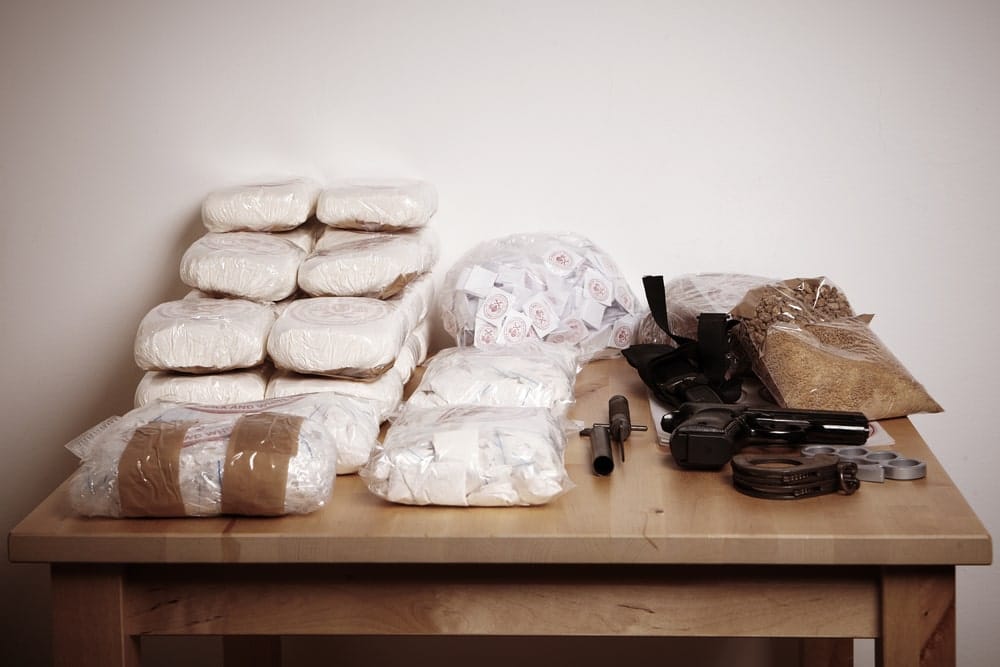
Drug Trafficking Penalties in Maine: What You Need to Know Being charged with drug trafficking in Maine is a serious legal matter that can result in harsh penalties, including significant[...]

A recent traffic stop in Maine bears a sharp resemblance to a traffic stop that the Supreme Court of the United States had decided was a violation of the Fourth[...]
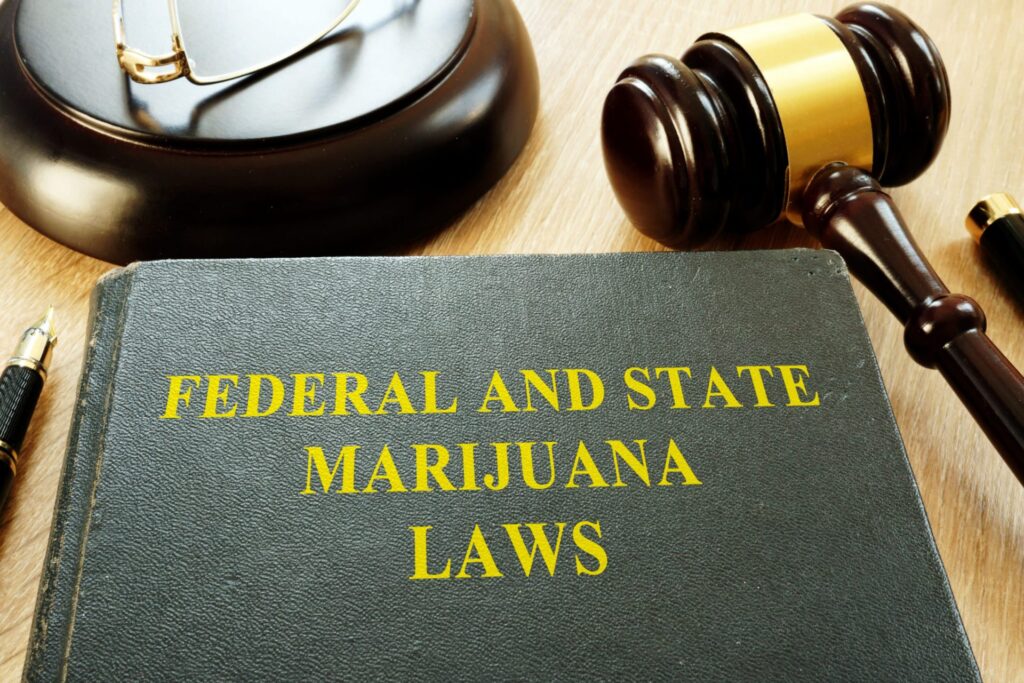
One of the most polarized and confusing aspects of the American criminal justice system today has to do with marijuana. In the past 20 years alone, 28 states in the[...]
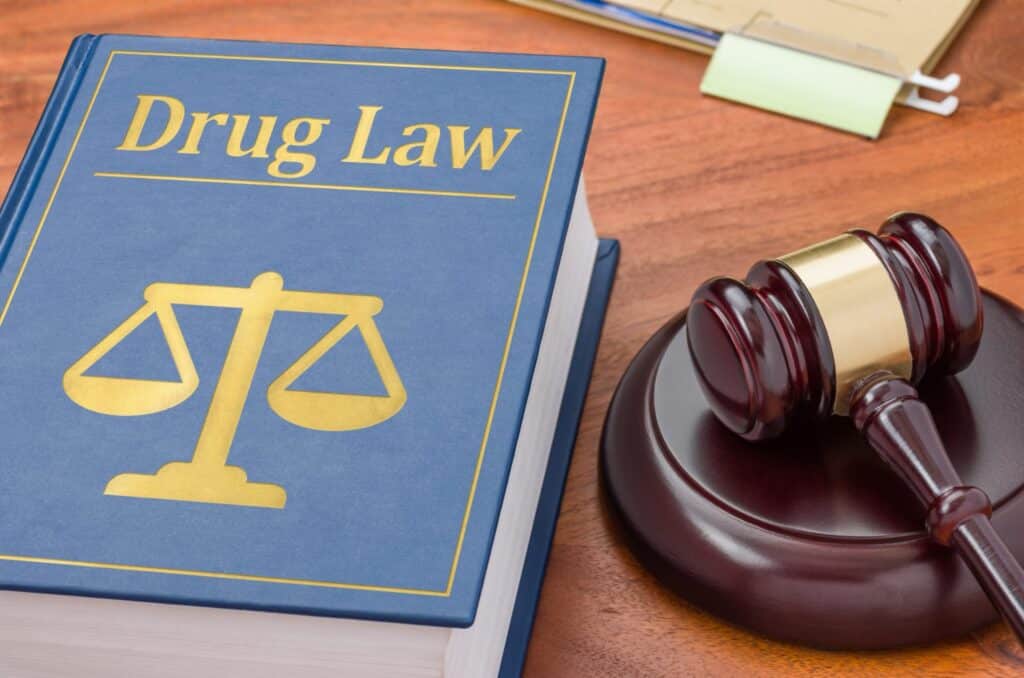
While policy decisions from the White House have been vague or difficult to follow, the new statement on the enforcement of federal drug laws is pretty clear: The Department of[...]
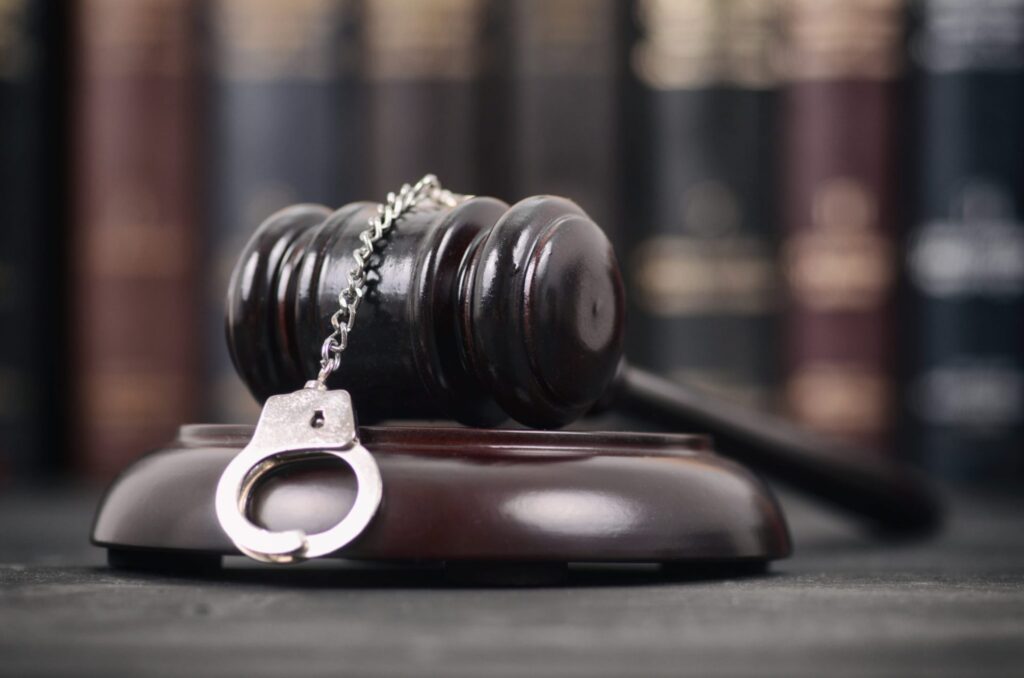
Out of all of the cabinet appointments that president-elect Donald Trump has made, none is more important to the freedom of the people of Maine than that of Senator Jeff[...]


